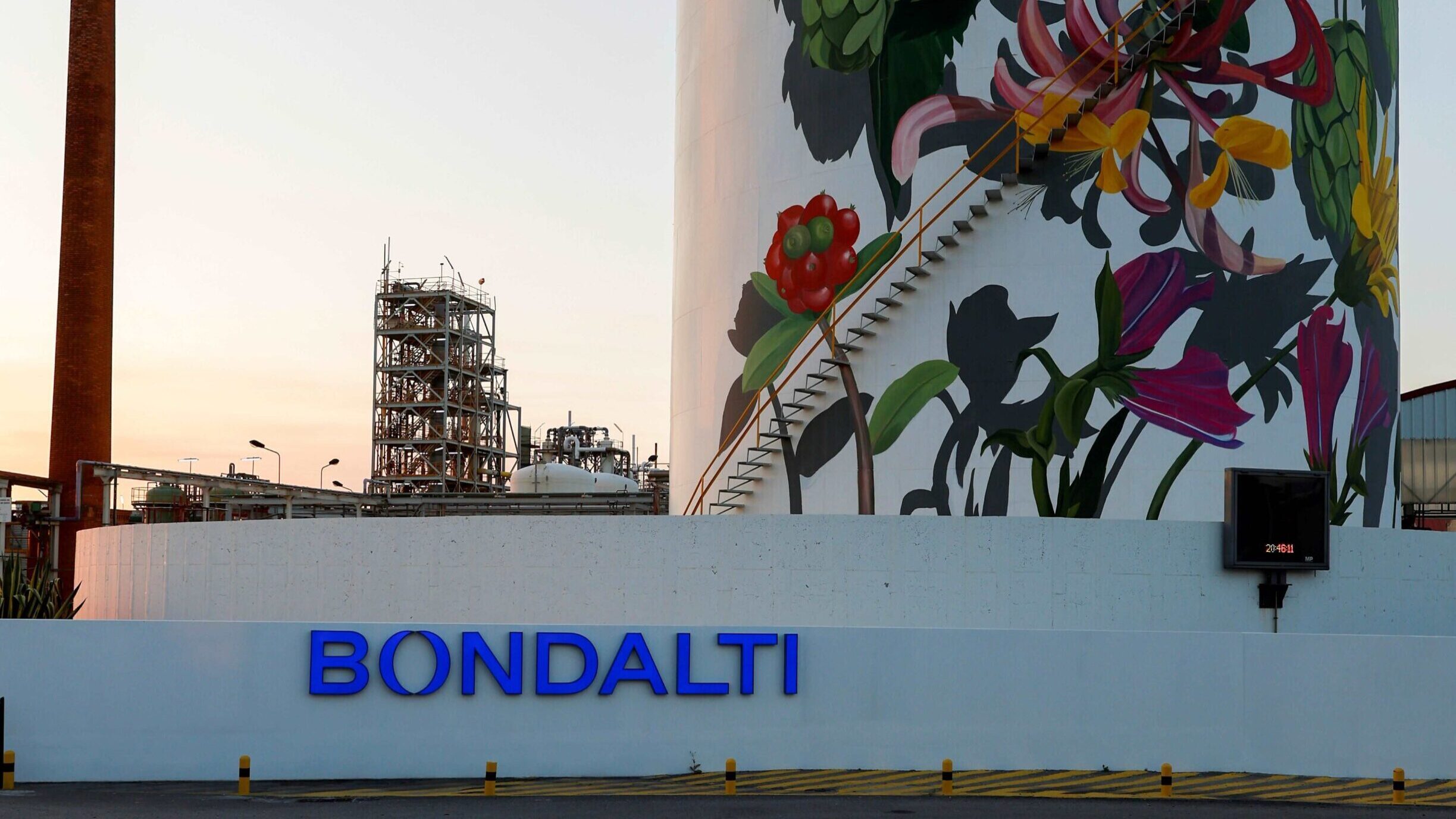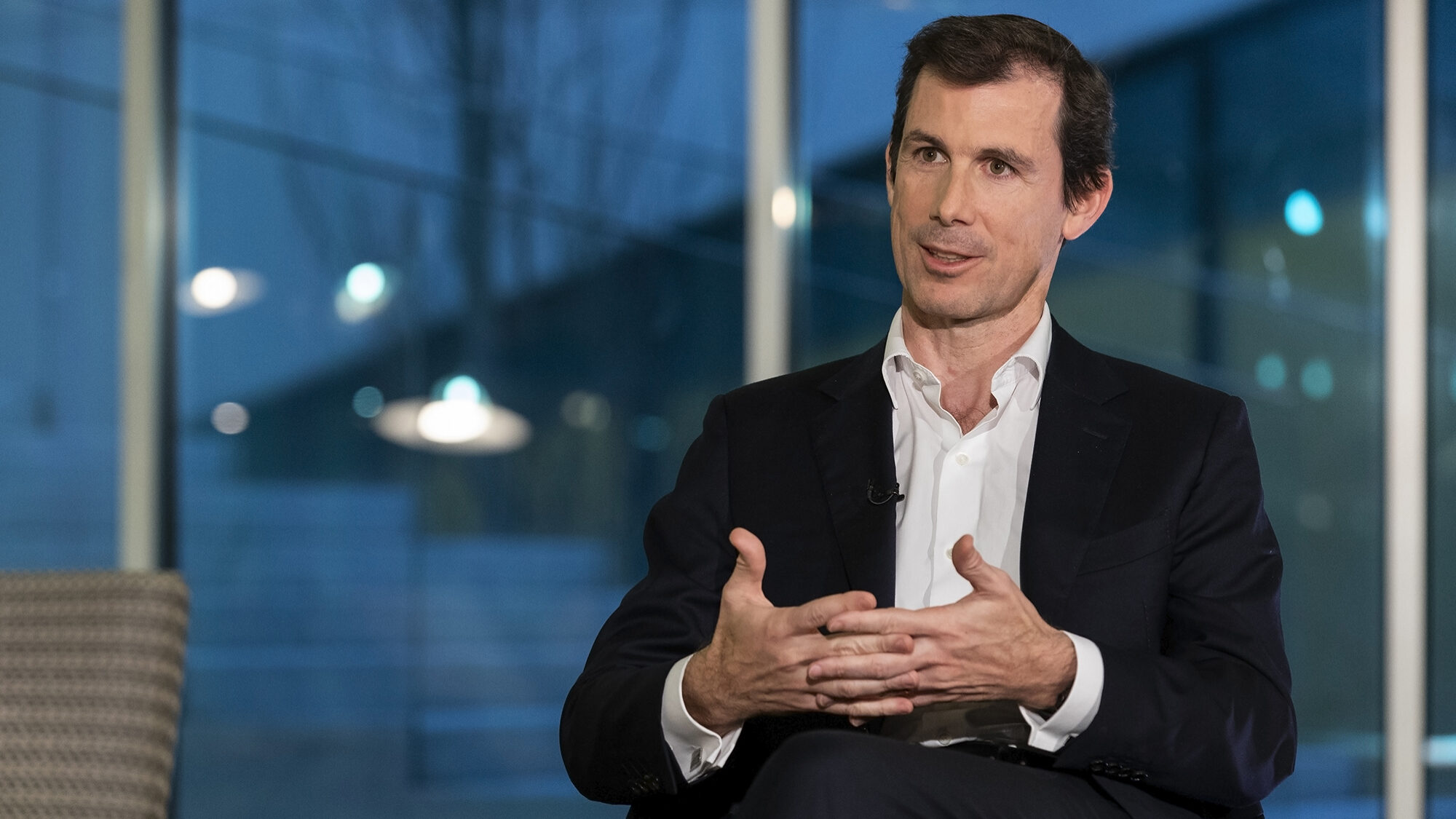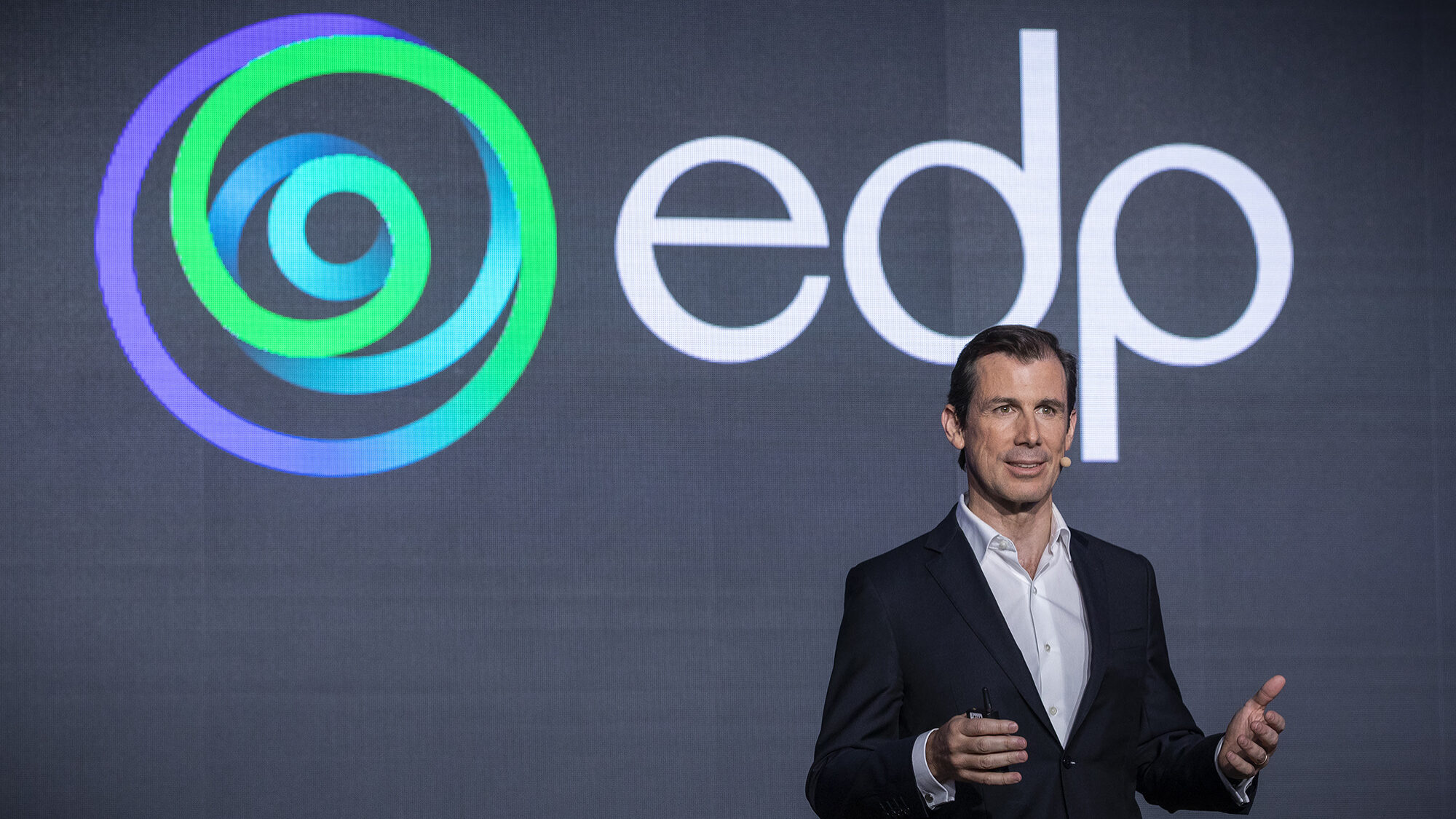Navigator restructures industrial operations in the UK following €152 million acquisition
Semapa paper manufacturer closes toilet roll and kitchen roll factory in Blackburn and transfers production to Leyland and Leicester, where it will have larger facilities. Plan to be completed by 2027
A year and a half after buying Accrol for €152 million, following a takeover bid for 100% of the British group’s capital, Portugal’s The Navigator Company is moving forward with a restructuring plan to “consolidate operations” for tissue paper rolls (toilet and kitchen) in the UK. The company has confirmed to ECO that it expects to complete the implementation of this programme “between the end of 2026 and the end of the second quarter of 2027”.
The pulp and paper company will move from its current six locations (three manufacturing hubs in Blackburn, Leyland and Leicester, and three external warehouses in Leicester) to just two (in Leyland and a new location in Leicester), claiming that this new model “integrates manufacturing and storage capacity into a more agile and efficient system, prepared to increase scale, reduce fixed costs and improve supply chain fluidity”.
With the justification of “strengthening the operational efficiency and competitiveness of the tissue business in the United Kingdom, in line with Navigator’s best practices”, the subsidiary will close the tissue roll factory in Blackburn and transfer this production to Leyland and Leicester, where it will occupy a new manufacturing and logistics facility at Optimus Point, replacing the one that existed until now in Thurmaston.
“Navigator Tissue UK currently operates several industrial sites and warehouses in various locations across the UK, with several leases – a common practice in England – expiring in 2025 and 2026, particularly in Leicester. This situation has forced us to rethink our geographical location and operational perimeter, with a view to optimising the production efficiencies of our industrial assets and creating conditions for continued business growth in the future”, Navigator reports.
An official source told ECO that it had developed a “plan for the geographical consolidation of industrial assets” dedicated to toilet rolls and kitchen rolls, which includes “terminating the leases on the warehouses in Leicester and transferring the industrial facilities in Thurmaston, together with the human resources assigned to them, to a larger building located near the current facilities in Leicester”.
When asked how many workers will be laid off and reassigned to other roles as a result of this reorganisation, the company replied that “the implementation of the plan and its timetable, in accordance with English law, involved collective consultations with workers” in Blackburn, Thurmaston (Leicester) and Leyland. This process is “still ongoing”. In its latest financial report, it committed to “preserving as many jobs as possible and providing full support during the transition”.
“Smooth transition” with increased capacity in two regions
The plan therefore includes the transfer of roll production assets from Blackburn to the current Leyland site, as well as to the new facilities in Leicester. It explains that “the two locations were selected because they are strategically positioned to efficiently supply both the south and north of England”, thus ensuring proximity to the main consumption centres and better logistical coverage of the British market.
In presenting its accounts up to September, which showed profits falling 51% to €118 million, the company led by António Redondo also indicated that “the increase in production scale in Leicester will also allow for logistical savings to be made both in finished products” — due to its greater proximity to the “representative” customer portfolio in the centre and south of the United Kingdom — and in coils due to its proximity to the port of Felixstowe.
Once this reorganisation of the perimeter of industrial roll assets has been implemented, Semapa’s subsidiary estimates to ECO that “Blackburn’s current production capacity will be transferred to the Optimus site in Leicester with an increase in capacity of around 30% to 50%, and to the Leyland site with an increase in capacity of around 15% to 25%”.
“This plan has been designed to ensure continuity in the supply of finished products to all our customers, without compromising product quality or service levels. In addition, Navigator Tissue UK has been working closely with suppliers and service providers to ensure a smooth transition to the new industrial configuration and to further strengthen commercial relationships with all stakeholders”, he points out.
The production unit specialising in facial tissues, which was also part of the portfolio purchased from Acroll, is not included in this industrial restructuring plan and will continue to operate. Located in Blackburn, this factory produces this type of product for most of the major retailers in the United Kingdom. “The current restructuring plan focuses only on the roll segment and does not cover the Blackburn facial tissue factory”, confirms the paper manufacturer.
It was in 2014, when it was still operating under the name Portucel/Soporcel, that the company controlled by the Queiroz Pereira family holding decided to enter the tissue market. The following year, it purchased the AMS Star Paper industrial unit in Vila Velha de Rodão. And in 2018, it built a tissue paper production unit from scratch in the Aveiro industrial complex, integrated with its pulp factory.
In 2023, it moved forward with the acquisition of Gomà-Camps Consumer, with a manufacturing unit in Zaragoza (Spain), and last year launched a takeover bid for Accrol, founded in 1993, which in the previous financial year had generated revenues of £242 million and an adjusted EBITDA (earnings before interest, taxes, depreciation and amortisation) of £15.6 million.
The integration of the UK operation, as reported in the latest communication to investors, “continues with the strengthening of collaboration between local and Iberian teams, aiming to enhance cross-selling opportunities between markets, optimise the portfolio for the marketing of more profitable products, attract new customers and, at the same time, review the cost structure to make the operation more efficient”.
In this segment, while the Iberian operation is integrated, i.e. it also includes paper production, in the United Kingdom it is exclusively dedicated to the transformation into finished products, which means that the business margin of this operation is structurally lower.
By September, tissue sales volume (finished products and reels) reached 177,000 tonnes, 14% above the same period last year, with growth reaching 17% in value. This performance benefited from marketing and the extension of the range in the United Kingdom, which also broadened the customer base and “generated gains in integration synergies” for the company.
Acquisitions have been the driving force behind growth in this business segment, with international sales now accounting for around 80% of the total. In the first nine months of this year, the British market took the lead: it accounted for 35%, Spain 30% and France 14%, bringing Portugal down to a 20% share. Retail customers account for more than 80% of sales, with the remainder channelled through catering and hospitality (Horeca) and offices.
Together, tissue and packaging – a segment in which a machine at the Setúbal factory is being converted to become the fourth largest European producer of low-grammage flexible packaging paper – already account for nearly 30% of the company’s turnover and EBITDA, helping to reduce pressure on results in a context of falling pulp and paper prices.




